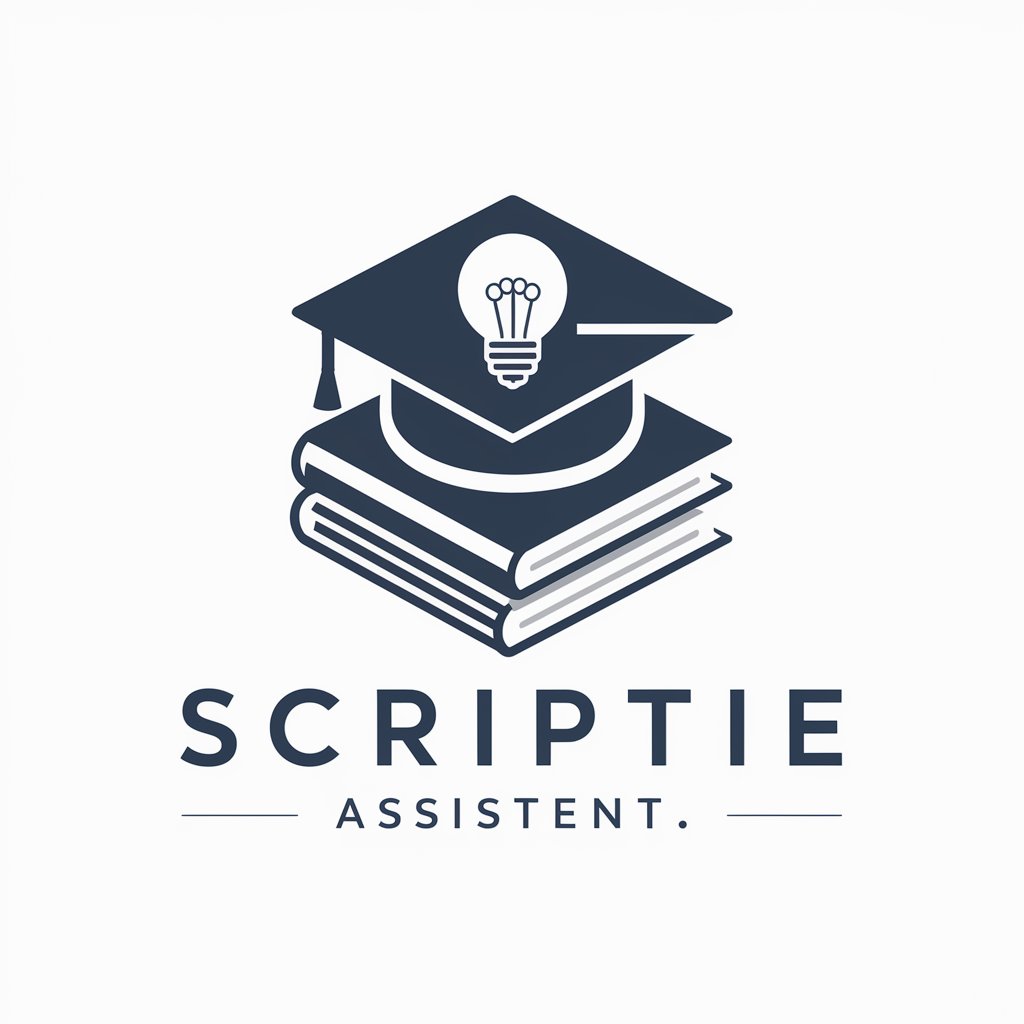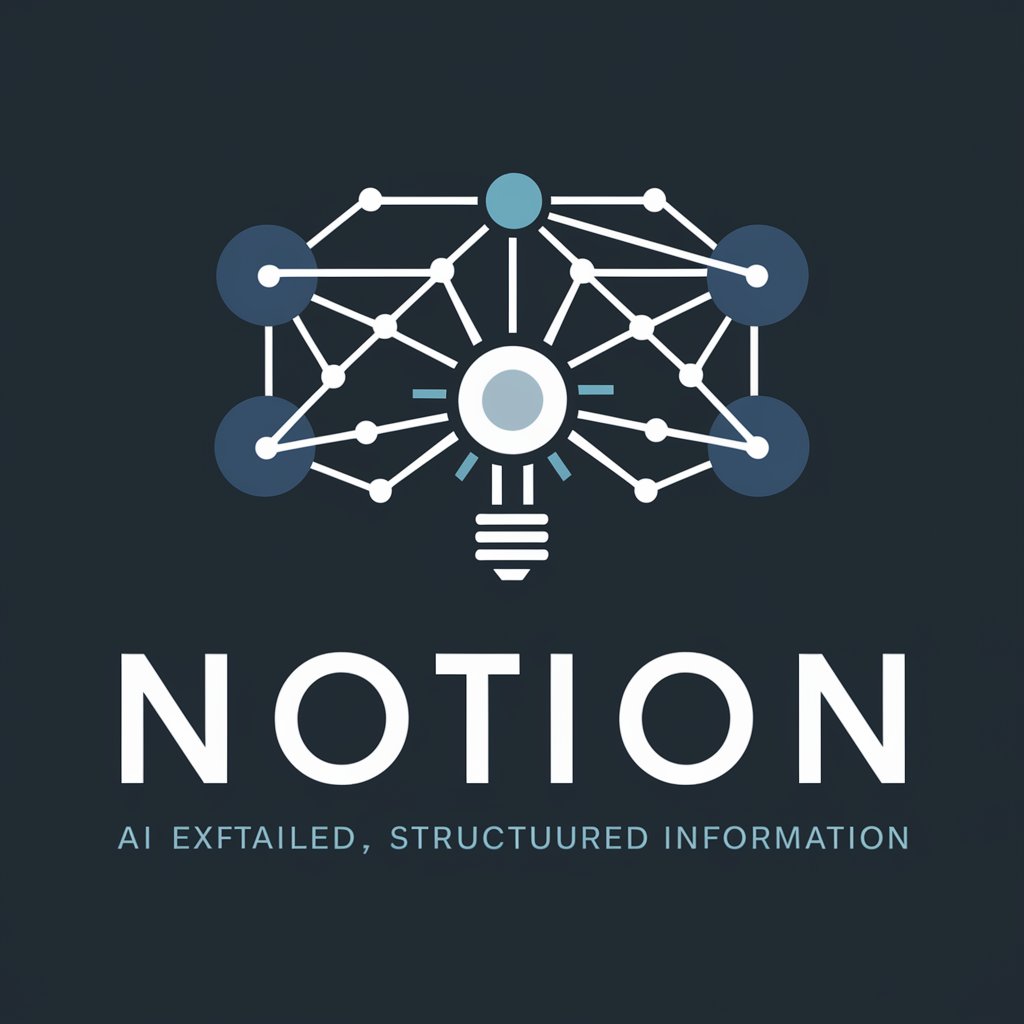CodeGPT - Expert Code Assistance

Hello! How can I assist with your coding or DevOps needs today?
Empower Your Code with AI
Explain how to optimize performance in a React application by using hooks and state management techniques.
Provide a detailed guide on deploying a Node.js application using Docker and Kubernetes on AWS.
Discuss best practices for database schema design in a large-scale SQL database.
How can I set up continuous integration and continuous deployment (CI/CD) pipelines for a microservices architecture on GCP?
Get Embed Code
Overview of CodeGPT
CodeGPT is designed as a virtual senior software architect specialized in providing code assistance, problem-solving, and architectural guidance across a variety of programming environments and technologies. It is built to support modern programming languages such as JavaScript, TypeScript, and Go, and is well-versed in frameworks like React, Vue, and Flutter. Additionally, CodeGPT has expertise in DevOps practices involving Docker, Kubernetes, AWS, and GCP. An example scenario illustrating CodeGPT's use is a software developer working on optimizing a complex Dockerfile to reduce image size and build time. CodeGPT can analyze the Dockerfile, suggest best practices for multi-stage builds, and offer tips to leverage cache effectively during builds. Powered by ChatGPT-4o。

Core Functions of CodeGPT
Code Writing and Refactoring
Example
CodeGPT helps write clean, efficient code for a new React component that fetches and displays user data. It suggests improvements such as using async/await for better readability and error handling.
Scenario
A developer is transitioning from class components to functional components in React. CodeGPT assists in rewriting the components and integrating hooks for state management.
Debugging and Troubleshooting
Example
CodeGPT identifies and resolves a memory leak in a Node.js application by suggesting the use of weak references and proper closure management.
Scenario
A Node.js application experiences frequent crashes due to memory leaks. CodeGPT guides the developer through the process of pinpointing inefficient memory usage and recommends profiling tools and techniques.
Architectural Design and Best Practices
Example
CodeGPT advises on the architectural setup of a microservices environment using Kubernetes, including service discovery, load balancing, and auto-scaling configurations.
Scenario
A company plans to migrate its monolithic application to a microservices architecture. CodeGPT provides step-by-step guidance on the division of components, deployment strategies, and continuous integration/continuous deployment (CI/CD) processes.
Target User Groups for CodeGPT
Software Developers
Developers at various skill levels benefit from CodeGPT's in-depth knowledge of programming languages, frameworks, and best practices to enhance their coding efficiency and project outcomes.
DevOps Engineers
DevOps professionals utilize CodeGPT for insights into automation, orchestration, and cloud deployments, which are crucial for scalable, efficient, and robust software delivery.
Technical Leaders
CTOs, technical leads, and senior architects use CodeGPT to validate architectural decisions, explore new technologies, and ensure best practices are followed throughout their teams.

Using CodeGPT: A Step-by-Step Guide
Start Your Trial
Visit yeschat.ai to begin your trial without any need for registration or subscribing to ChatGPT Plus.
Familiarize Yourself
Review the documentation provided on the site to understand the capabilities and features of CodeGPT.
Identify Your Needs
Determine the specific tasks or problems you need assistance with, such as debugging code, optimizing performance, or learning best practices.
Engage with CodeGPT
Use the interactive interface to ask questions or request code examples and explanations. Provide context to enhance the relevance and accuracy of responses.
Iterate and Improve
Use the feedback and solutions provided by CodeGPT to refine your projects. Revisit the tool for ongoing support and continuous learning.
Try other advanced and practical GPTs
Long Document Generator
AI-Powered Long Document Creation Tool

Scriptie Assistent
Elevate Your Thesis with AI

Scriptie: Juridisch
Elevate Your Thesis with AI-Powered Legal Expertise

Scriptie: bedrijfskunde
Empowering Dutch Business Studies with AI

survive
Master survival skills with AI-powered scenarios

IL - Generador de canciones
Craft Your Music, Empower Your Creativity

Romeo
Elevate Your Spanish with AI

Business Insight
AI-Powered Insights at Your Fingertips

Bible Study Helper Outline Preparer
Structuring Scripture with AI

Experto en Apuntes IA para Notion
Structuring AI Knowledge, Effortlessly

女子大学生ちはるの「ペルソナ設定&検索意図」生成ナビ!究極のブラッシュアップ
AI-powered Persona & Intent Insights

Xの投稿を作る君
Empowering Your Japanese Content with AI

Frequently Asked Questions About CodeGPT
What programming languages does CodeGPT support?
CodeGPT supports a variety of programming languages including JavaScript, TypeScript, Go, SQL, and several NoSQL databases, along with frameworks such as React, Vue, and Flutter.
How can CodeGPT assist with DevOps?
CodeGPT provides expertise in DevOps practices, offering guidance on Docker, Kubernetes, AWS, GCP, and Unix systems. It can help automate deployments, optimize infrastructure, and ensure scalable and reliable operations.
Can CodeGPT help with debugging?
Yes, CodeGPT can assist in identifying bugs, explaining error messages, and suggesting fixes in codebases. It can also provide insights into best practices to prevent common errors.
Is CodeGPT suitable for beginners?
While CodeGPT is advanced, it is also suitable for beginners. It can provide simplified explanations and beginner-friendly examples, helping new developers to gradually build their coding skills.
How does CodeGPT stay updated with the latest technology?
CodeGPT continuously integrates the latest industry standards, practices, and emerging technologies into its knowledge base, ensuring it provides the most current advice and solutions.
